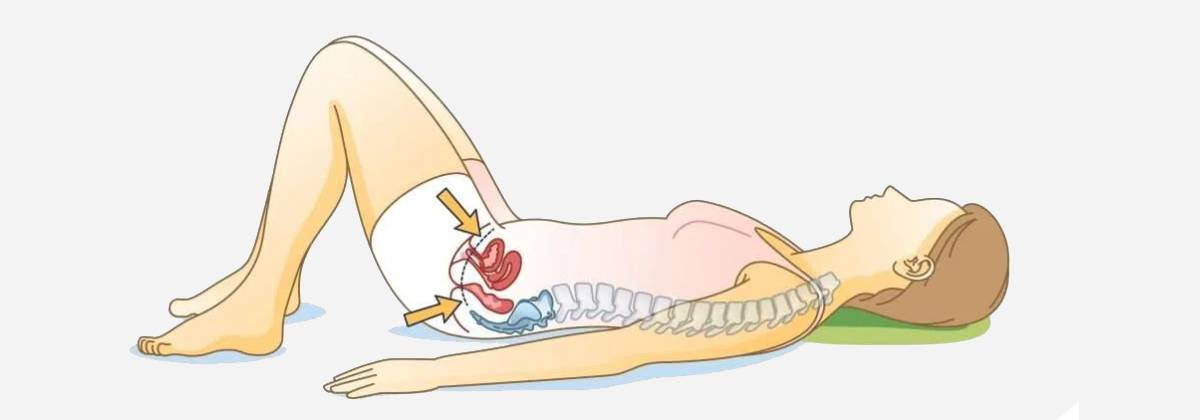
12 Nov, 2025 What Is the Pelvic Floor and Why Is It Important?
What is Pelvic Floor?
The pelvic floor refers to a group of muscles, ligaments, and tissues that support the organs in the pelvic region, including the bladder, uterus, prostate gland, and rectum. These muscles play a vital role in maintaining continence, supporting the spine, and facilitating sexual function.
Functions of the Pelvic Floor
The pelvic floor muscles perform several critical functions:
- Bladder and bowel control: The pelvic floor muscles help control the flow of urine and feces, maintaining continence and preventing accidents.
- Support for pelvic organs: The pelvic floor muscles provide a supportive layer for the pelvic organs, preventing prolapse and maintaining their position.
- Sexual function: The pelvic floor muscles play a role in sexual arousal, orgasm, and overall sexual satisfaction.
- Core stability: The pelvic floor muscles work in conjunction with the core muscles to provide stability and support for the spine.
Why is the Pelvic Floor Important?
A strong and healthy pelvic floor is essential for maintaining:
- Continence: A well-functioning pelvic floor helps prevent urinary and fecal incontinence.
- Pelvic organ support: A healthy pelvic floor provides support for the pelvic organs, preventing prolapse and maintaining their position.
- Sexual health: A strong pelvic floor can improve sexual function and satisfaction.
- Core stability: A well-functioning pelvic floor is essential for maintaining core stability and preventing back pain.
Common Issues with the Pelvic Floor
Several factors can contribute to pelvic floor dysfunction, including:
- Pregnancy and childbirth: Childbirth can cause significant strain on the pelvic floor muscles.
- Aging: As we age, our pelvic floor muscles can weaken.
- Surgery: Surgeries like hysterectomy or prostatectomy can damage the pelvic floor muscles.
- Injury or trauma: Traumatic injuries can damage the pelvic floor muscles and nerves.
Maintaining a Healthy Pelvic Floor
To maintain a healthy pelvic floor, it’s essential to:
- Practice pelvic floor exercises: Regular exercises like Kegels can help strengthen the pelvic floor muscles.
- Maintain a healthy weight: Excess weight can put additional strain on the pelvic floor muscles.
- Engage in regular exercise: Regular exercise can help improve pelvic floor muscle strength and overall health.
- Avoid constipation: A high-fiber diet and adequate hydration can help prevent constipation and reduce strain on the pelvic floor muscles.
By understanding the importance of the pelvic floor and taking steps to maintain its health, individuals can reduce their risk of pelvic floor dysfunction and maintain overall pelvic health.
By,
Dr. Yukti Lohia (PT)
Musculoskeletal & Pelvic floor Instructor at A+ ORTHOPAEDIC AND SPORTS MED CENTER
C 2/5 Safdarjung Development Area, Aurobindo Marg New Delhi – 110016.
